K-Electric proposes formula for loadshedding-free Karachi
CEO offers govt to take over 300 feeders which account for 87% power losses
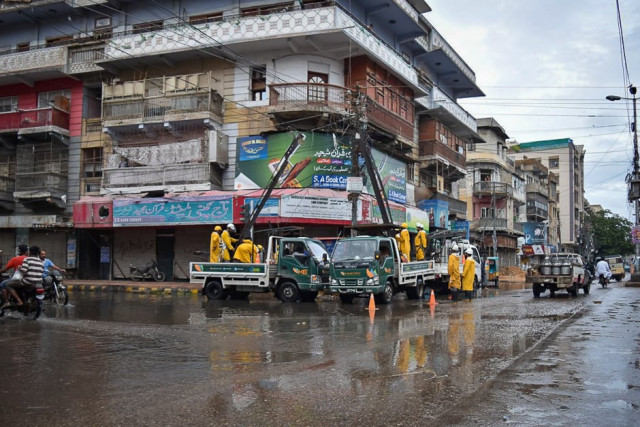
K-Electric has proposed a formula to eliminate electricity load-shedding in the metropolitan city. Three hundred out of 2,129 feeders in the metropolis account for 87% of power losses, which is the main reason for blackouts, KE’s CEO Moonis Alvi said while speaking to a delegation of the Council of Economic and Energy Journalists (CEJ) on Saturday.
“If the government takes over these 300 feeders and manages the internal electricity distribution in these areas, K-Electric will be much closer to making Karachi load-shedding-free,” Alvi said, adding that KE is ready to supply electricity to these 300 feeders, but the responsibility for bill recovery from these areas would rest with the government.
CEO Alvi claimed that 70% of Karachi is already exempt from load-shedding. K-Electric is working on introducing new technology to prevent power pilferage from feeders. He warned that any tampering with PMTs (Pole-Mounted Transformers) could lead to technical faults that may take up to three days to fix. He reiterated the offer to the government to help manage the internal electricity system in these areas.
Read more: Karachi mayor urges K-Electric to exempt hospitals from load-shedding
The KE CEO further stated that K-Electric's Multi-Year Tariff (MYT) will not adversely affect ordinary consumers. Rather, it will encourage foreign investment in the city’s power supply system. “The National Electric Power Regulatory Authority will review the MYT each year based on the level of investment,” he added.
Alvi said that implementation of the MYT could make Karachi up to 90% load-shedding-free by 2030. By then, the number of power consumers in the metropolis is expected to reach five million, and power transmission will increase to 5,000MW.
Responding to a question, Alvi said that KE is ready to supply electricity to captive power industries by connecting them to the grid. "We are prepared to follow the agreed timeline with the government and stakeholders for this transition." Industrial activity in Karachi has increased over the past few months, leading to a rise in electricity demand, he added.

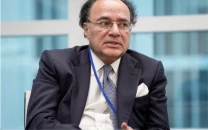

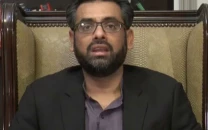







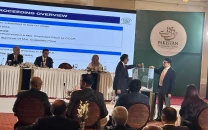


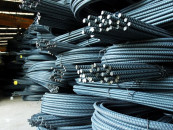








COMMENTS (8)
Comments are moderated and generally will be posted if they are on-topic and not abusive.
For more information, please see our Comments FAQ